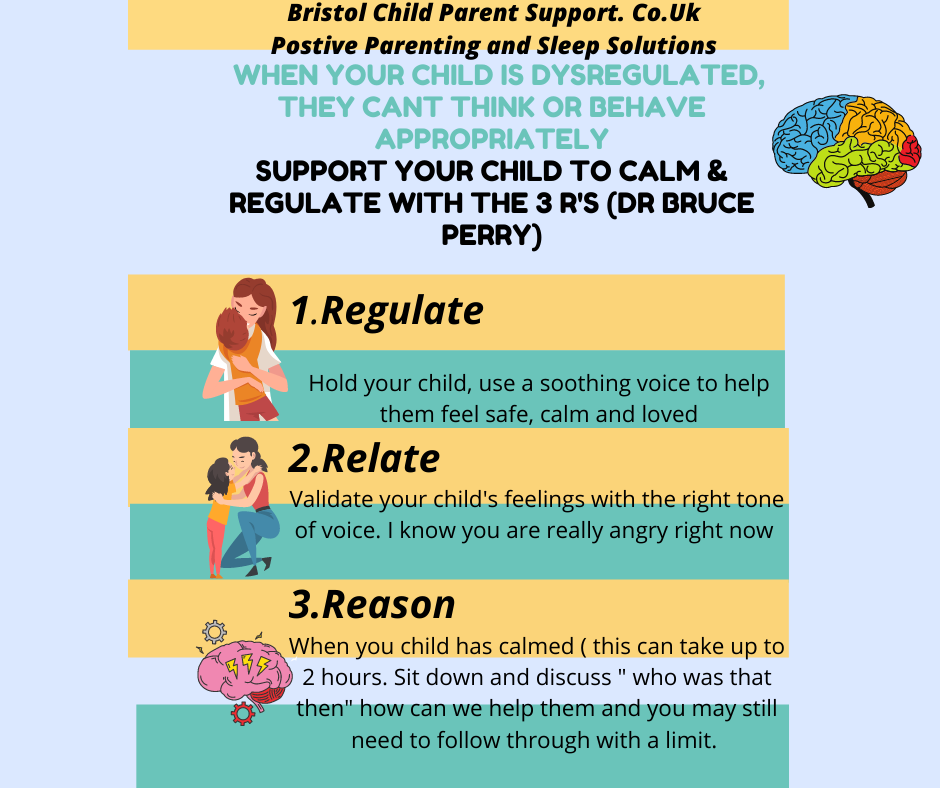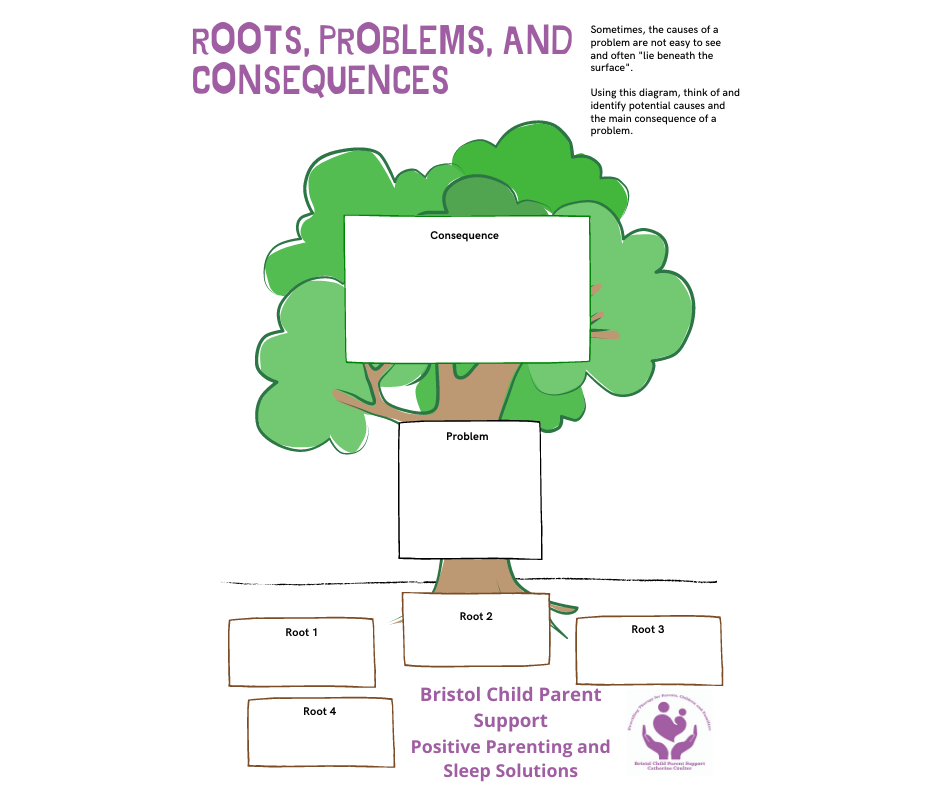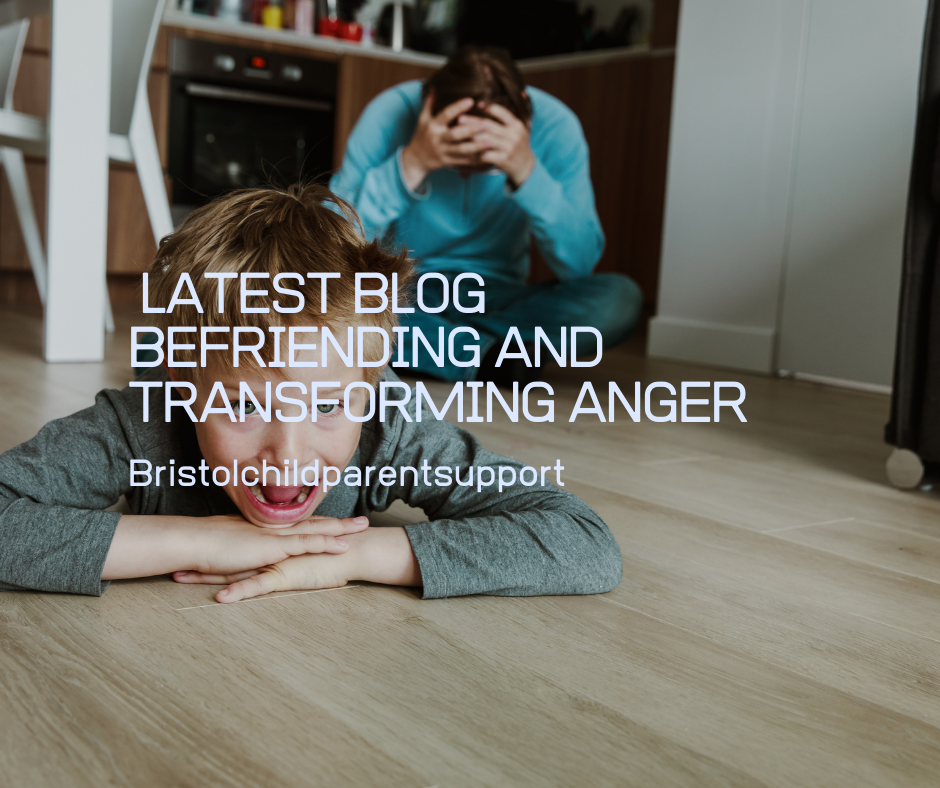Anger is an essential and primary emotion, just like fear, frustration, and joy, yet, it has a terrible reputation. What our children and we do with the anger creates difficulties. However, this isn’t anger’s fault! This is not anger’s true nature.
Anger helps you identify what’s important to you; it enables you to set clear boundaries. Your relationships can’t thrive without healthy boundaries. However, very few of us have been taught to view anger this way (or to work with it). Therefore, helping our children to manage and understand anger is even more challenging. I hope this blog helps you with your daily parenting challenges.
The Impact of Social Conditioning
I was told not to express anger from a very early age, and I am sure you may have too. Hence, most of us have difficulty expressing, healthy and assertive with expressions of anger. Parenting is a deeply emotional experience that originates deep within our brains in our limbic system. As a result, we will experience “intense feelings” during our interactions with our children. Our upbringing did not teach us how to effectively communicate anger, or that we have observed our parents losing their composure. As a result, we may instinctively respond to our children with a heightened sense of alarm by yelling, criticising, or creating distance. For further information on the response to threats and the emotional aspects of the brain, please see my blog entry.
What you can do when your child gets angry
Try to remain present– “Presence” is the concept of being alert and focused on the current moment rather than looking ahead to the future or distracting yourself from the moment with other thoughts. This does not mean you are a saint; it just means acknowledging your anger or fear and tending to the parenting task. This is not easy, so sometimes it’s helpful to pause and return in five minutes when calm is restored.

Move into your body – Take some deep, grounding breaths before responding. If there is no safety issue, then give yourself time.
Listen to your child and understand the root of the situation. Most parenting experts can agree on this: something always motivates a child’s harmful or disruptive behaviour if your child has had a massive meltdown about a toy they wanted or preferred food. It’s generally inspired by something in your child, whether a lack of skills in regulating and managing his big feelings. In addition, it could be a desire to get your attention or a power/control play to assert your free will. There’s always a reason for the behaviour. It’s our job to be a detective, mirror, reflect, and frame the basis for behaviour back to them.

Try not to take the behaviour personally.
Don’t get hooked on rudeness and personal attacks – Parents are often hurt when children shout or argue with them. Your child doesn’t hate you or want a new mom or dad. She is in a threat response, so she’s pulling out the most upsetting thing she can think of, so you’ll know how upset she is. Just say Okay, you must be so upset to say that to me. Tell me why you’re upset. I’m listening.”
Make sure limits are implemented with Empathy-Do you think time out is adequate? Sending your child to time out every time they misbehave will not change their behaviour. However, they do need limits. It’s always advantageous to problem-solve ideas before the incident. This will enable your child to make choices and help you feel more in control and safe.
Examples of phrases to say to your child:
I understand you are angry but I can’t let you kick me, come and sit next to me to calm down.
I see you are really cross but toys are not made for throwing, speak your feeling words!
“Remember what we discussed when you feel angry, we speak out our feelings, take big deep breaths and move into our turtle shell.
Always remember that each of you is doing your very best; they are not bad children, and you are not a bad parent. —and it’s hard to feel “zen” when constantly frustrated, overwhelmed, or anxious. If you need extra support, join me at my parent workshop for many more ideas for Anger Transformation; click here for Anger Transformation Workshop, or contact me for a Zoom or telephone consultation, or sign up for my newsletter to be notified of blogs and free downloads. With Love, Catherine.
Related Posts:
- https://bristolchildparentsupport.co.uk/15-ideas-to-calm-those-angry-moments/
- https://bristolchildparentsupport.co.uk/understanding-and-managing-meltdowns/
- https://bristolchildparentsupport.co.uk/surviving-and-understanding-tantrum
- https://bristolchildparentsupport.co.uk/easy-words-to-avoid-power-struggles/
- /https://bristolchildparentsupport.co.uk/relaxation-ideas-for-children/



